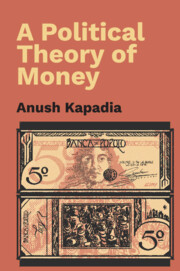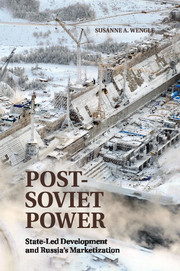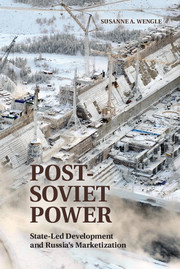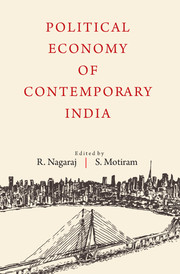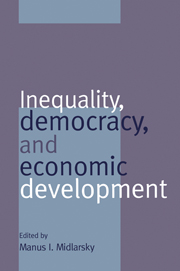A Political Theory of Money
Understanding money's nature as political, institutional, and material answers today's big money questions. Money remains a foundational question of social theory. What is money? Why does something so insubstantial have value? How do money systems make promises function like valuable things? Why are money systems always hierarchical yet variable? The answer, the book argues, is politics. Money is institutionalised social power. Politics generates institutions that differentially lock into the future product of political and economic collectives. Money emerges from the institutionalisation of social antagonisms to encapsulate a collective's productive potential in a flexible, tradable instrument. This takes a system. Money is built in hierarchical layers out of the inherently variable material of politics and at various economic scales. This book outlines these variable processes theoretically and through case studies.
- Combines various theoretical elements to account for the entire range of money's attributes
- Extensively covers all major theories of money
- The balance sheet method enables readers to see through complex structures
Product details
February 2024Paperback
9781009331463
320 pages
229 × 152 × 18 mm
0.36kg
Available
Table of Contents
- Acknowledgements
- Part I. 1. Money anchored to the future
- 2. The money fetish: making promises into things
- 3. Bending not breaking: monetary sovereignty and the survival constraint
- 4. Mystical kernel within the rational shell: the Banking School's residual Chartalism
- 5. Between currency and credit: Mehrling's money view
- 6. There is no such thing as fiat money
- 7. Coherence: why money is not value
- Part II. 8. National Money vs Shadow Banking: contradictions of a public-private credit system
- 9. A world without world money
- 10. Proof of institutions: cryptocurrencies as digital fiat money
- 11. Europe and democratic funding
- 12. Democratic sovereignty makes money
- References
- Index.

